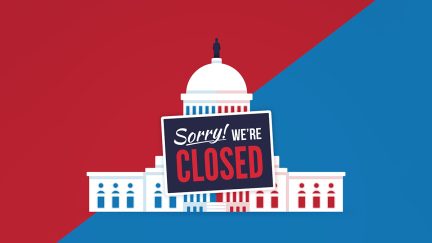Never miss a story — sign up for PLANSPONSOR newsletters to keep up on the latest retirement plan benefits news.
DOL’s Open MEP Proposal Advances Through OMB
If the DOL’s proposal closely follows President Trump’s executive orders, it is likely to revise the “common nexus” and “one bad apple” rules that have held back open multiple employer plans.
The Office of Management and Budget confirms it has finished its review of the Department of Labor (DOL)’s proposed regulation to expand access to open multiple employer plans (MEPs).
The DOL’s Employee Benefit Security Administration (EBSA) is driving the regulatory effort, which comes after President Donald Trump earlier this year signed an executive order directing several federal agencies to examine the prospects of making open MEPs more viable.
Some experts in the retirement plan industry think that, if DOL find success in promoting open multiple employer plans, this could result in many more small businesses offering MEPs—which will in turn open up new opportunities for advisers. Others go so far as to suggest open MEPs may, once the marketplace matures, start to attract mid-size and even larger plan sponsors.
It is still unclear at this stage exactly what language is contained in the proposed regulation OMB has now signed off on, and it should also be stated that the regulation will be subject to comment and revision. Assuming the DOL’s proposal closely follows the executive order’s instructions, it is likely to revise the “common nexus” and “one bad apple” rules that have held back open multiple employer plans. Less clear is whether the DOL regulation will speak to the president’s simultaneous order to the Treasury Department to consider how to update its rules establishing that individuals must begin making withdrawals from 401(k) accounts starting no later than six months after their 70th birthday.
Industry stakeholders have been calling loudly for greater use of open MEPs as one of the primary ways to address the retirement plan coverage gap. While there has been less discussion of the RMD issue, it is also a timely matter for today’s retirees. In fact, 68% of retirees are only taking the required minimum distributions (RMDs) from their retirement accounts.
You Might Also Like:
DOL Eyes Amicus Filing While States, Industry Back Lockheed Martin in PRT Case
DOL Stops Defending Biden-Era Fiduciary Rule
After 4 Weeks, How the Government Shutdown Is Affecting Retirement Plans
« PBGC Asks That More Information Be Added to Reportable Events Filings


